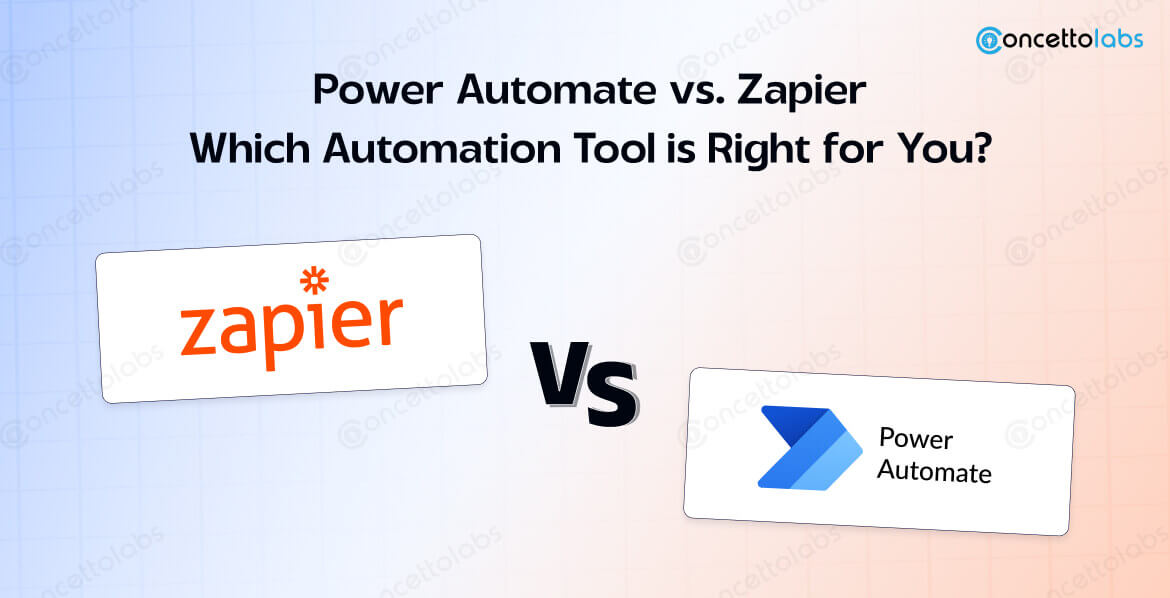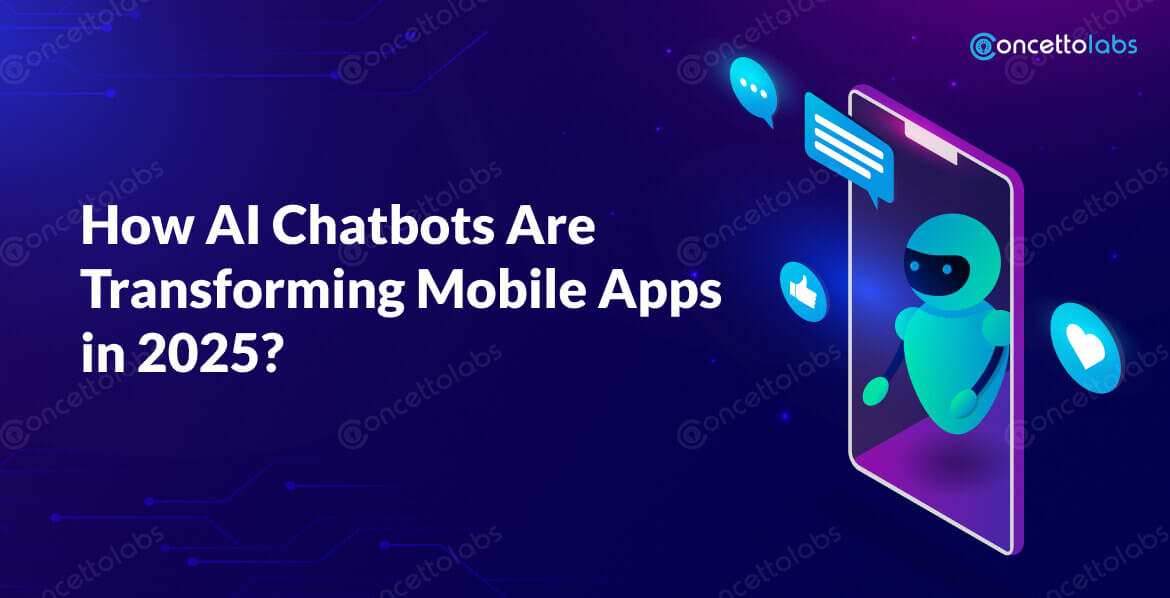
As the internet becomes more widely available, web applications are growing in popularity. Given the many options available, selecting the database that best meets your needs might be difficult.
We’ll provide you with a rundown of the top 15 databases for web applications in 2023 in this article that can help you choose the best one as per your project requirement or you can hire a react native app development company to make the right decisions for you.
What is a Database?

A database is a set of information that computers can access. The organization of the data type makes it simple to find and use.
There are different kinds of databases:
- Object-oriented – These database store data in objects, whereas relational databases store data in tables.
- Relational databases – Most web applications use relational databases because they are easier to work with than object-oriented databases.
Reasons Why a Database Is Important for Web Applications
- A database can help web applications to run more efficiently by storing data in an organized way.
- Data sharing across various online apps or inside one web application might be facilitated by a database.
- It can help to improve security by providing a centralized location for storing data.
- Having the ability to cache data can aid in enhancing a web application’s performance.
- It can provide a way to back up and restore data for a web application.
- The database can provide a way to access data from remote locations.
- It can help to reduce development time by providing a consistent data access layer for developers.
- Improves the scalability by providing a way to scale the amount of data stored.
- Database offers a way to track user activity on a web application.
- It offers a way to develop custom reports and analytics for a web application.
15 Best Databases for Web Applications

1. MySQL

Image Source: Statista
A MySQL is the most widely adopted database server globally, serving some of the biggest websites like Facebook, Twitter, and YouTube. MySQL is renowned for its user-friendly interface and reliable performance. MySQL also offers many features that are great for website applications such as:
- support for multiple storage engines
- automatic failover
- replication.
2. MongoDB
A MongoDB is a robust document-oriented database system, equipped with an index-based search mechanism that enables fast and effortless data retrieval. With its scalability feature, MongoDB can effectively manage large amounts of data.
3. Microsoft SQL Server
Microsoft SQL server serves as a software platform that allows other software applications to store and retrieve data, either on the same computer or remotely across a network, including the internet.
4. PostgreSQL
Having been actively developed for more than 30 years, the open-source object-relational database system PostgreSQL is renowned for its excellent performance, feature richness, and consistency. While originally designed for large organizations and high-traffic websites, PostgreSQL is also well suited for powering smaller web applications.
5. Oracle Database
An Oracle database is a powerful tool for web applications. It enables easy and quick data retrieval from various sources, including the internet, relational databases, and flat files. These features include:
- Easy-to-use SQL interface: The Oracle database provides an easy-to-use SQL interface that makes it simple to query data from various sources.
- Flexible schema: The Oracle database allows you to define flexible schemas that can be easily modified to meet the needs of your application.
- Powerful security features: The Oracle database offers powerful security features that protect your data from unauthorized access and ensure that only authorized users can access it.
- High performance: The Oracle database is designed for high performance and can handle large amounts of data quickly and efficiently.

Elevate your web application by choosing the best database as per your needs.
Enquire Now6. MariaDB
A MariaDB is an easy-to-use database for web applications having robust features. MariaDB is compatible with any programming language, which makes it a perfect choice for website development.
7. Apache Cassandra
A NoSQL database management system called Apache Cassandra is open-source and made for managing enormous amounts of data across numerous servers.
It is a distributed, wide-column store that delivers high availability without any single point of failure. Cassandra provides strong support for clusters across multiple data centers, with its asynchronous masterless replication enabling low-latency operations for all clients.
8. Amazon DynamoDB
A well-known cloud-based NoSQL database solution that offers excellent performance and scalability is Amazon DynamoDB.
9. Amazon Aurora
Amazon Aurora is a MySQL-compatible relational database engine built for the cloud with enterprise-grade availability, durability, and security features.
10. Memcached
Memcached is an open-source distributed memory object caching system designed to speed up dynamic website applications by reducing the load times of database queries and other operations on backend systems.
11. Redis
Redis features support for various data structures including strings, hashes, lists, sets, range-queryable sorted sets, bitmaps, hyperloglogs, and geospatial indexes with radius query capabilities. Redis has built-in replication support, Lua scripting, and LRU eviction policies to avoid using too much memory, transactions, and different levels of on-disk persistence.
12. Neo4j
Neo4j is a powerful graph database that can help you model and query your data in new and innovative ways. Some key features of Neo4j are:
- Powerful query language: Neo4j’s Cypher query language is designed specifically for working with graph data. It’s expressive and easy to learn, making it a great choice for building complex queries against your data.
- Scalability: Neo4j is highly scalable, making it able to handle large amounts of data and high traffic loads. This makes it an ideal choice for applications with high growth potential.
13. CouchDB
CouchDB is a great database for web applications for several reasons. First, it is easy to understand. Second, it has excellent performance thanks to its use of an append-only log file. Lastly, it offers a robust set of features.
14. HBase
A HBase operates on the HDFS (Hadoop Distributed File System), offering Bigtable-like features for Hadoop and providing a wide-column store instead of a relational store.
HBase features compression, in-memory operation, and Bloom filters on a per-column basis as well as the per-row basis. Since version 0.90.0, HBase uses the Coprocessor framework to offload certain processing from the region servers to coprocessors running within the same process.
15. Firebase Realtime Database
Firebase Realtime Database is a cloud-hosted database that supports real-time data syncing. Firebase Realtime Database helps keep data synchronized across multiple devices in real time, making it easy to build responsive applications both offline and online at work. Firebase Realtime Database is a NoSQL database that stores data in a JSON format.
In conclusion, there are various databases available, and choosing the right one is equally important. You can find a python application development company having skilled and experienced developers who can help you choose the right database for your web application project.
Build the web application of your dreams with the help of developer and the top databases for 2025
Let's TalkConclusion
In conclusion, which is the best database for web applications depends on the specific need and requirements of the developer and web application. While picking a database, all the factors—including cost, scalability, reliability, efficiency, security, and ease of use—play a significant influence. If you want to take your app development project to the next level, hire react native developer today!
Frequently Asked Questions
Here are some frequently asked questions about employing our developers that may help you.









 Indonesia
Indonesia
 Botswana
Botswana
 USA
USA
 Italy
Italy
 Panama
Panama









 USA
USA UK
UK Saudi Arabia
Saudi Arabia Norway
Norway India
India Australia
Australia